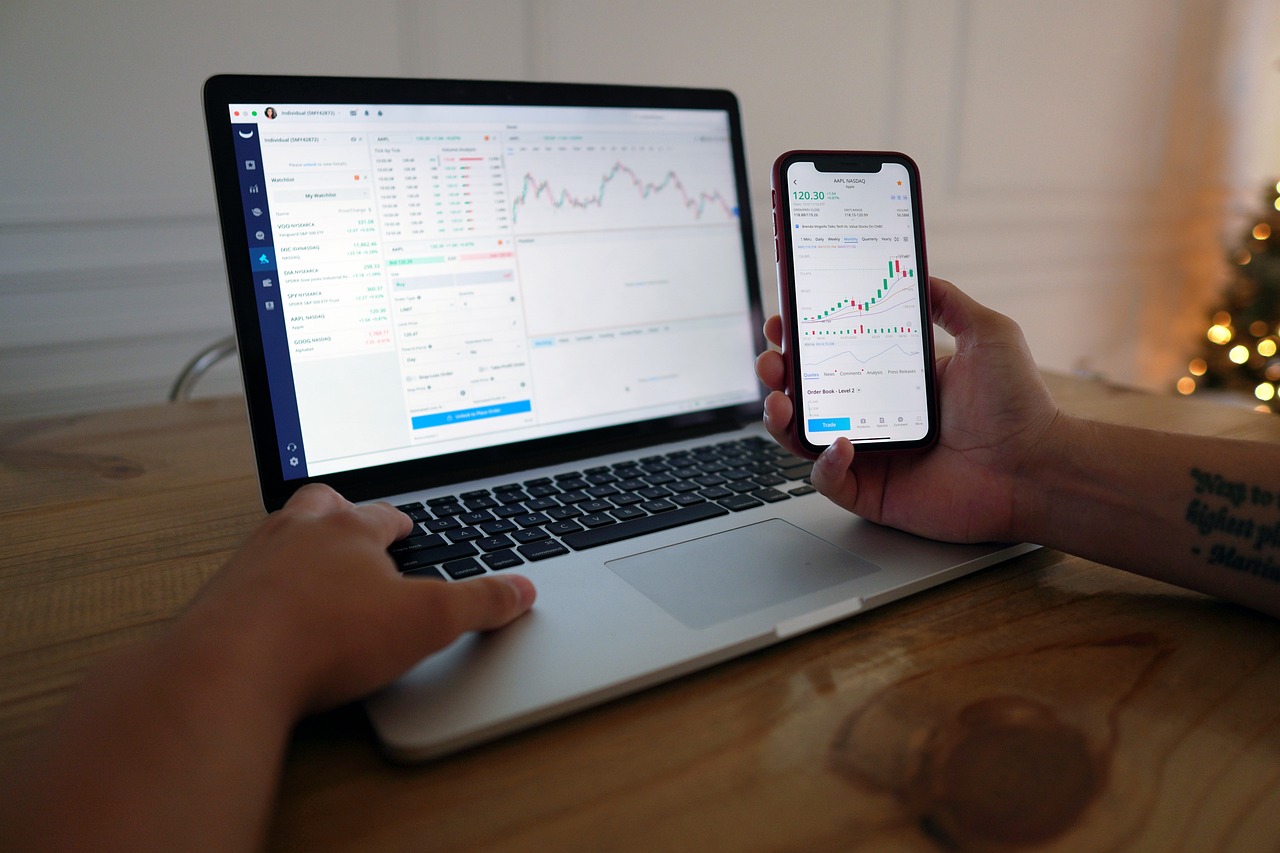Online trading and investing have become increasingly popular in recent years due to the convenience and accessibility provided by the internet. With just a few clicks, individuals can invest in stocks, commodities, and currencies from the comfort of their homes. However, while online trading and investing offer several benefits, they also come with several risks and pitfalls that investors should be aware of, more details visit profit-revolution.
Market Volatility
One of the significant risks of online trading and investing is market volatility. The market can be unpredictable, and prices can fluctuate rapidly, making it challenging for investors to make informed decisions. The volatility of the market can be caused by various factors such as political instability, natural disasters, economic changes, and corporate scandals. These factors can have a significant impact on the value of stocks and investments, leading to financial losses for investors.
Lack of Information
Another pitfall of online trading and investing is the lack of information. Although the internet provides investors with a wealth of information about the market, it can be challenging to distinguish between reliable sources and inaccurate or misleading ones. Moreover, the abundance of information can be overwhelming and time-consuming, making it difficult for investors to make informed decisions. This lack of information can lead to investors making decisions based on speculation or rumors, rather than factual data.
Cybersecurity Threats
Online trading and investing also come with cybersecurity threats. Hackers and cybercriminals can gain access to investors’ personal and financial information through phishing scams, malware, and other tactics. These threats can result in financial losses and identity theft. To mitigate these risks, investors must use secure and reputable online trading platforms and ensure that their passwords and other sensitive information are kept confidential.
Overtrading And Emotional Investing
Overtrading and emotional investing are two common pitfalls of online trading and investing. Overtrading occurs when investors make too many trades, leading to higher transaction costs and potentially lower returns. Emotional investing, on the other hand, occurs when investors make decisions based on their emotions rather than rational analysis. For example, investors may hold on to losing positions for too long, hoping that the market will turn around, or panic and sell off their investments during a market downturn.

Leverage And Margin Calls
Online trading and investing also offer the opportunity to use leverage and margin to amplify returns. Leverage allows investors to borrow money to invest, while margin allows investors to use their existing investments as collateral to borrow money. While these strategies can increase potential returns, they also have significant risks.
If the market moves against an investor, they may receive a margin call, requiring them to deposit more money to cover their losses. If an investor is unable to meet the margin call, their investments may be liquidated, resulting in significant financial losses.
Lack Of Control
Another pitfall of online trading and investing is the lack of control over investments. When investing through an online platform, investors are relying on third-party providers to manage their investments. This lack of control can lead to issues such as hidden fees, poor investment performance, and lack of transparency. Additionally, investors may not have direct access to the assets they invest in, making it challenging to make changes to their portfolio or take profits quickly.
Lack Of Regulation
Finally, online trading and investing come with a lack of regulation. While traditional financial institutions are subject to strict regulations and oversight, online trading platforms are often less regulated. This lack of regulation can lead to fraudulent activities, misleading advertising, and other unethical practices. To mitigate these risks, investors should only use reputable and regulated online trading platforms and conduct thorough research before making any investments.
Conclusion
Online trading and investing offer several benefits, including convenience, accessibility, and the ability to trade 24/7. However, they also come with several risks and pitfalls that investors should be aware of. These risks include market volatility, lack of information, cybersecurity threats, over-trading and emotional investing, leverage and margin calls, lack of control, and lack of regulation. To minimize these risks, investors should use secure and reputable online trading platforms, conduct thorough research, and make informed decisions based on factual data rather than speculation or rumours. By taking the necessary precautions, investors can potentially benefit from online trading and investing while minimizing the potential risks.
You may be interested in: Exploring The Potential Of Web3: Sneak-peek into the Future
